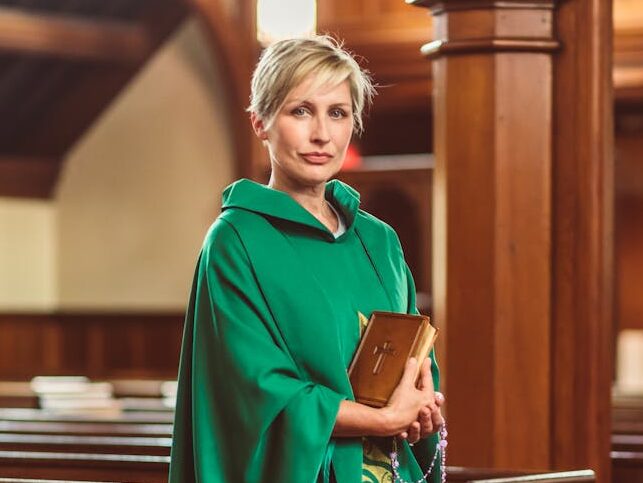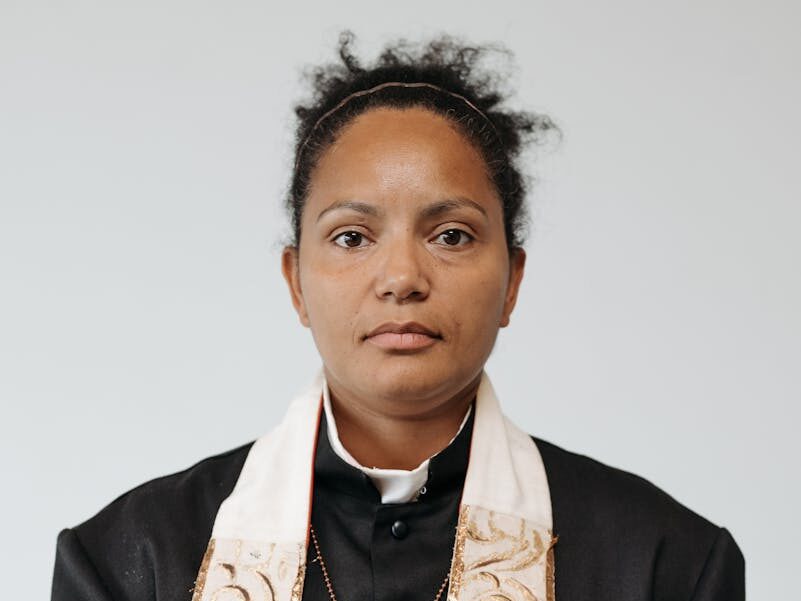
Christianity’s message hasn’t changed, but the way Christians live it out looks different today than it did two decades ago. Technology, culture, and shifting social norms have reshaped faith in everyday life. Some of these changes have been enriching, while others have raised new challenges and questions. Here are 15 ways Christian living has transformed in the last twenty years.
Online Worship and Digital Churches

Twenty years ago, worship was tied almost entirely to a building and a weekly schedule. Now, livestreamed services, podcasts, and online Bible studies allow Christians to participate from anywhere. For some, this flexibility is a blessing, keeping them connected when travel, illness, or distance make attendance hard. For others, digital church feels like a shallow substitute for physical presence.
Social Media and Public Faith

Social media has become a stage where Christians express their beliefs. From scripture graphics on Instagram to viral worship clips on TikTok, faith now lives in public spaces where it can inspire strangers or draw heavy criticism. This visibility allows believers to reach further than ever before, but it also risks turning faith into performance. The tension between authenticity and image has made public faith more complex than it was two decades ago.
The Rise of Worship Culture

Worship music has grown into a defining feature of Christian living. Movements like Hillsong, Elevation, and Bethel have created global repertoires of songs that shape church life and personal devotion alike. For many, these songs fuel a daily rhythm of faith, offering language for prayer and reflection. Yet critics worry worship has become too much like a concert experience, with lights, production, and emotion overshadowing depth.
Greater Focus on Mental Health

Conversations around mental health used to be limited in Christian circles, sometimes replaced with calls to “pray harder” or “trust God more.” Today, many churches openly discuss anxiety, depression, and trauma, encouraging believers to seek counseling and integrate spiritual and medical care. This has lifted much of the stigma, though not everywhere. Christians now see mental health as part of holistic discipleship, recognizing that loving God also includes caring for one’s mind and emotions.
Shifts in Marriage and Family Life

Christian families look different than they did two decades ago. Couples often marry later, households rely on both spouses working, and parenting styles have adapted to modern pressures. While many still uphold traditional values, practical realities force adjustments. Some families find creative ways to balance biblical principles with today’s demands; others struggle with tension between tradition and change.
Technology in Daily Devotion

Daily devotion has shifted from printed Bibles and journals to smartphones and apps. Reading plans, verse reminders, and podcasts make scripture accessible at all times. For many, this is a gift, helping them stay connected during busy schedules. Yet it also introduces distractions — faith can start to feel like just another notification among emails and texts. Christians today wrestle with how to use digital tools well while still carving out quiet, focused space for God.
Diverse Expressions of Worship

Worship styles have multiplied. Contemporary music, liturgical practices, contemplative prayer, and charismatic expressions all coexist within Christianity. Many believers move freely between traditions, reflecting a global, interconnected faith. This diversity enriches Christian living but also sparks debate about authenticity. Twenty years ago, worship often followed predictable patterns; today, it’s dynamic, varied, and shaped by culture more than ever before.
Increased Political Polarization

Faith and politics have become tightly intertwined in the last 20 years. For some, aligning their faith with political causes feels like obedience to God. For others, it’s evidence that Christianity has been co-opted. Churches often find themselves divided along political lines, making unity harder to preserve. Believers now wrestle not only with their personal convictions but with how their political identities affect their witness and relationships.
Shifts in Community Life

The local church used to serve as the main social hub for many Christians. Today, with busier schedules and more online connections, church is often just one of many communities believers belong to. Some find community in small groups, online Bible studies, or professional networks instead. While this has broadened opportunities for connection, it has also thinned loyalty to local congregations. Christians now must be more intentional about building meaningful fellowship.
Conversations on Gender Roles

Debates about gender roles have grown louder in the last two decades. More women now serve in leadership, ministry, and teaching roles, while many households emphasize partnership over strict hierarchies. Some Christians welcome these changes, while others hold firmly to traditional teachings. These conversations continue to shape church culture and daily family life, often sparking debate about what scripture truly calls for in modern times.
Broader Global Awareness

Technology has made Christians more aware of the global church than ever before. Believers now follow ministries, missionaries, and churches across continents through social media and livestreams. This creates solidarity but also challenges Christians to recognize that faith doesn’t look the same everywhere. This global awareness broadens perspectives, reminding Christians that they are part of something far larger than their local context.
Changing Attitudes Toward Doubt

Twenty years ago, doubt was often seen as a weakness. Today, many Christian leaders encourage open wrestling with hard questions. Books, podcasts, and sermons validate the idea that faith can coexist with uncertainty. This has created space for honesty, especially among younger Christians who value authenticity. Instead of silencing questions, churches increasingly see doubt as a pathway to deeper faith.
Lifestyle Choices Under Debate

From alcohol to entertainment, lifestyle expectations have shifted. Rules once strictly enforced in churches have loosened, with many Christians navigating gray areas individually. While this has created more freedom, it has also caused tension across generations. Some worry this blurs moral clarity, while others see it as a healthier way to live by conviction rather than conformity. Christian living is now less about communal rules and more about personal responsibility.
Changing Views on Money and Success

Over the past two decades, conversations around wealth and success in Christian living have shifted. Many believers now navigate the tension between pursuing financial stability and living generously. Prosperity teachings, once dominant in some circles, face more pushback as Christians question whether equating blessing with wealth aligns with scripture. At the same time, rising costs of living, debt, and global inequality have made financial stewardship more complex than before.
Stronger Emphasis on Justice and Compassion

Christians today are more outspoken about social justice, poverty, racial reconciliation, and creation care. Faith is increasingly seen as something lived not only in prayer and worship but also in advocacy and action. For many, discipleship now includes volunteering, giving, and speaking out for those in need. While this emphasis has energized many, it has also sparked disagreements about what justice looks like in practice. The last 20 years have widened the scope of Christian living from personal devotion to public responsibility.

